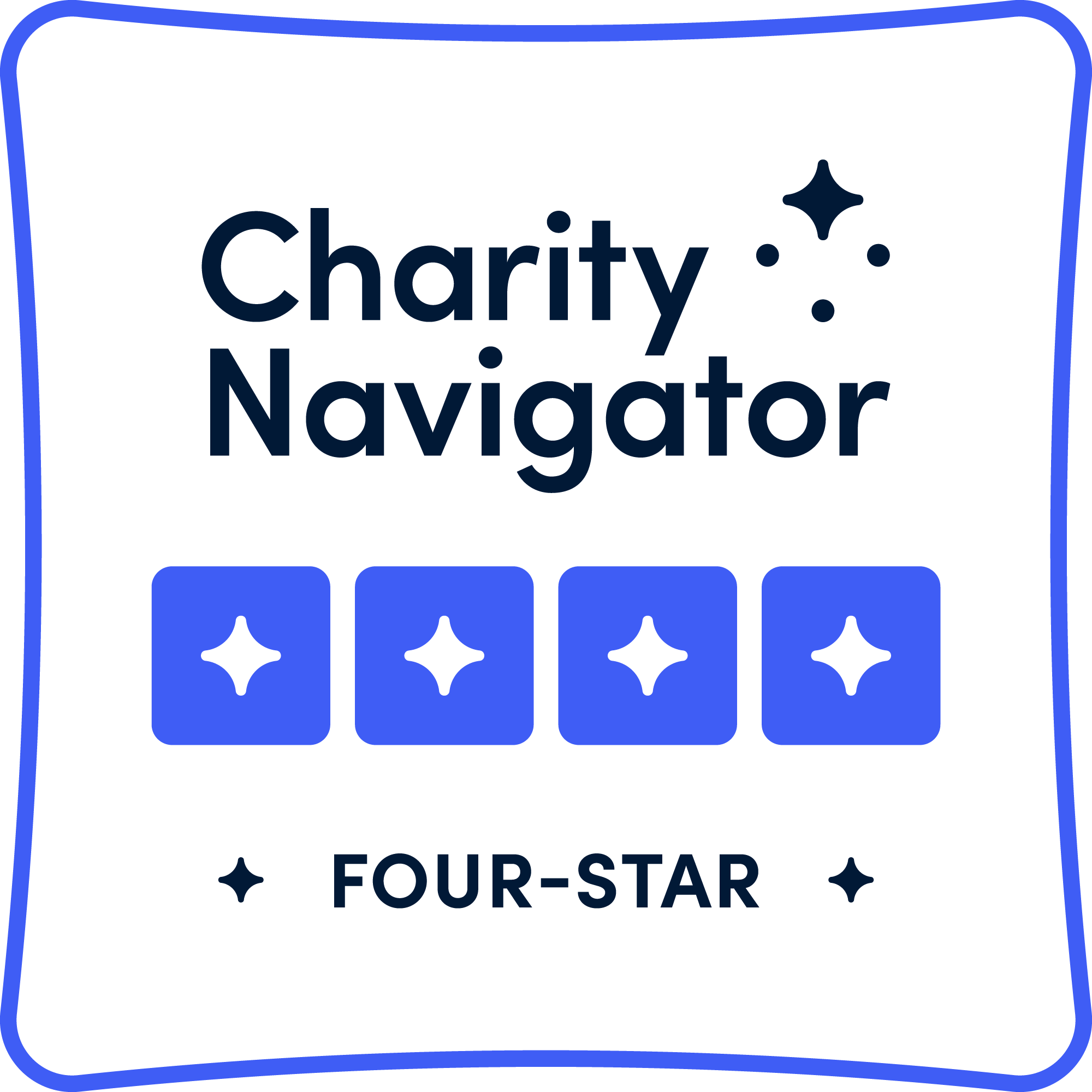
Amyloidosis and
US Federal Policy
How US Federal Policy Impacts Amyloidosis Research, Patients, and Drug Development
In the first few months of 2025, a series of federal policy changes to the NIH, FDA, and other key agencies have significantly shifted the landscape of biomedical research funding in the U.S.
These changes are already having a real impact — prompting job eliminations, clinical trial delays, and growing uncertainty across the research community. Institutions large and small are bracing for the long-term implications, and now more than ever, organizations like ARC must step up to ensure progress in rare disease research continues.
What’s Happened to Date
NIH and Medical Research Impact
Recent updates to federal funding policies have changed how research institutions receive support for the basic infrastructure required to run studies. These adjustments have disproportionately impacted smaller hospitals, universities, and early-career researchers—many of whom are now facing reduced opportunities or are being forced to consider alternate career paths. This shift could ultimately reduce the diversity of thought, innovation, and equitable access in medical research.
Loss of Health Equity Programs
A number of programs that once supported research into health disparities affecting underrepresented communities have been discontinued. This raises concern about the long-term visibility and resourcing of studies focused on populations that have historically faced barriers to care and inclusion in research.
FDA Workforce Reductions & Leadership Turnover
In March 2025, the Food and Drug Administration underwent significant workforce reductions, with nearly one in five employees affected. At the same time, several senior leaders across key agencies have departed. These changes may impact the speed of new drug approvals, safety monitoring, and the overall continuity of research and regulatory efforts.
What Comes Next
Budget Deliberations and Advocacy Opportunities
On May 4, the administration submitted its proposed 2026 federal budget. This document serves as a blueprint for congressional debate and negotiations in the months ahead. While Congress will ultimately determine the final appropriations, the proposed cuts send a clear signal of what’s at stake:
NIH (National Institutes of Health): Proposed 40% reduction, from ~$45 billion to $27 billion
Potential impact: fewer clinical trials, project cancellations, reduced focus on rare and minority health research.
NSF (National Science Foundation): Proposed 56% reduction (~$5 billion)
Potential impact: diminished support for early-career scientists and fundamental scientific discovery.
CMS & Medicaid (Centers for Medicare & Medicaid Services): Proposed $700 million in cuts
Potential impact: reduced access to care for millions, especially vulnerable populations.
New leadership means there are new people learning new jobs and the needs of the public. This is our chance to make ourselves known, make sure they understand the priorities of rare disease patients and our community, and understand the impact of cutting funding.
Why It Matters — and Why ARC Must Lead
When funding for research slows, patients are left waiting for answers. The pace of innovation slows, and communities already facing health disparities fall further behind. Rare diseases, which already struggle for attention and investment, risk becoming even more marginalized.
This is a pivotal moment. ARC must continue to lead—not only by advancing critical research and amplifying the voices of the rare disease community, but by making sure policymakers and agency leaders understand what’s at stake. The shifting landscape also creates opportunities to engage new decision-makers and advocate for smarter, more equitable investments in science.
We can’t afford to wait. We need strong, independent support for rare disease research more urgently than ever.
How You Can Get Involved
ARC in Action
At the Amyloidosis Research Consortium (ARC), we’re committed to improving and extending the lives of those with amyloidosis. That includes advocating for awareness, research, and funding for treatments. As federal funding for rare disease research faces uncertainty in the current climate, we are actively mobilizing to meet this moment:
Monitoring and translating federal policy so patients and caregivers understand how they’re affected.
Partnering with research institutions to ensure momentum continues, even as funding becomes less certain.
Collaborating with other rare disease organizations to advocate for amyloidosis and protect research funding, FDA review pathways, and Medicaid access.
We’re making sure amyloidosis is kept in the national healthcare conversation.
What You Can Do Now — 3 Simple Actions That Matter
Stay Informed →
Bookmark this page and join our monthly Newsletter for updates on how federal decisions are affecting amyloidosis research and care and how you can respond.
Support ARC’s Work →
Your donation helps us push research forward, protect access to care, and advocate for every patient’s voice to be heard.
Contact Your Members of Congress
Ask them to protect rare disease funding, preserve Medicaid, and ensure FDA remains equipped to evaluate and approve critical treatments.
Download our Template Letter →
Find Contact Info for Your Members of Congress →



